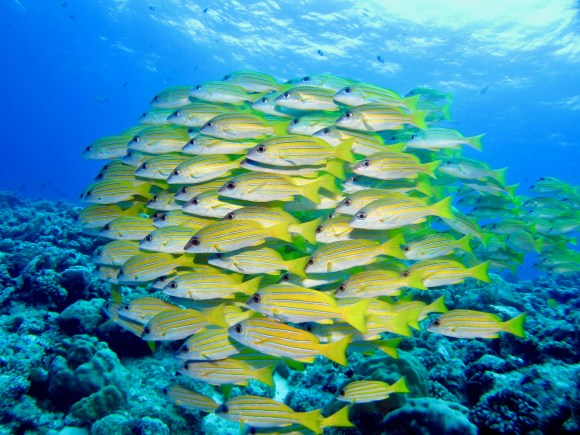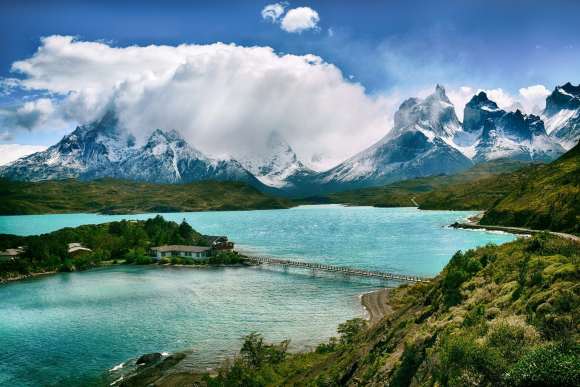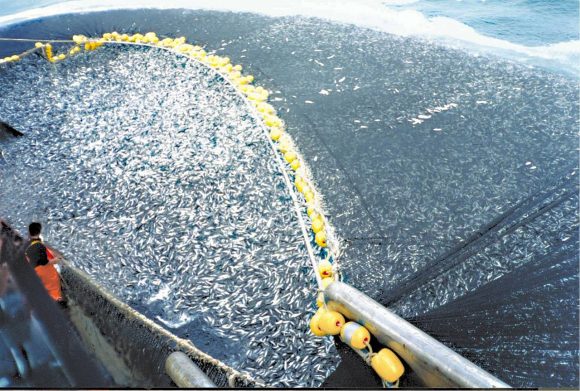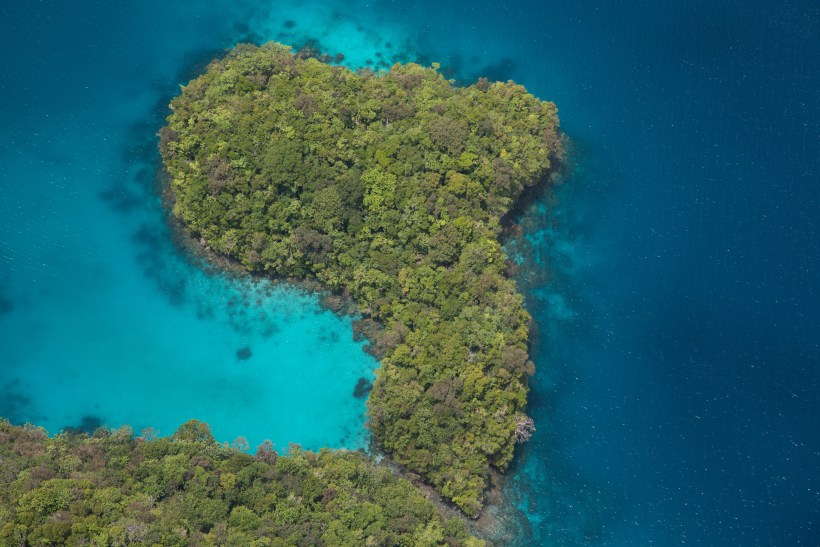The recent ratification of the UN High Seas Treaty by Palau and Chile is a beacon of hope for our oceans. Beyond all the official procedures, with genuine enthusiasm, it is a heartfelt pledge to protect the vast, untamed expanses of the sea.
These waters, spanning half our planet, are the lifeblood of our oceans, yet face mounting threats from overexploitation and neglect. When Palau and Chile made this decision, they showed their shared commitment to safeguarding our planet’s most precious resource.
It is a reminder that our oceans know no borders – they are a global responsibility, deserving of our collective care and respect. Together, let’s ensure a brighter future for our oceans and all who depend on them.
What is Ratification?

First thing first, let’s talk about what ratification is. Ratification is the final hurdle a treaty must overcome before a country becomes a full-fledged member. After diplomats hammer out the details and agree on the terms, each nation goes through its internal approval process.
This typically involves the government, often the legislative branch like Congress, reviewing the treaty. If they’re on board, they hold a vote to officially accept the treaty.
Once a majority approves, the head of state, like the President, gives their final stamp of approval, sealing the deal. This ratification process transforms the treaty from a negotiated document into a legally binding agreement.
By ratifying, a country is essentially official confirmation that they understand, accept, and will actively follow the rules laid out in the treaty, just like signing a contract.
It becomes an international obligation, demonstrating the country’s willingness to cooperate with others and adhere to the established rules of the international community. High Seas Treaty Ratification
The Palau and Chile Ratification

Back to the topic we are talking about. Palau and Chile have recently ratified the UN High Seas Treaty, a significant international agreement aimed at protecting the high seas, which are vast oceanic areas beyond the jurisdiction of any single country.
This treaty is crucial because it addresses the pressing need for conservation and management of marine life in these areas, which cover half of the Earth’s surface.
The ratification by Palau, followed by Chile, represents a milestone in global efforts to safeguard the high seas. These areas play a vital role in regulating the planet’s climate and supporting diverse marine ecosystems.
However, they face increasing threats from overexploitation, pollution, and other human activities due to a lack of effective governance. The UN High Seas Treaty, developed after almost two decades of negotiations, is the first of its kind to establish binding regulations for the protection of marine life in international waters.
It aims to create marine protected areas and regulate potentially harmful activities to ensure the sustainability of these vital ecosystems.
Palau and Chile’s ratification of the treaty sets a positive example for other nations to follow. Their actions highlight the importance of collective efforts in addressing global challenges and preserving the health of our oceans for future generations.
Protecting the High Seas

The high seas are vast expanses of ocean that extend beyond the territorial waters of any country, covering half of the Earth’s surface. These waters are home to a rich diversity of marine life and play a crucial role in regulating the global climate.
However, they face numerous challenges due to human activities such as overfishing, pollution, and habitat destruction.
Despite their immense importance, the high seas lack effective governance and protection. With only around 1% of these waters currently protected, they are increasingly vulnerable to exploitation and degradation.
The UN High Seas Treaty seeks to address these challenges by establishing rules and regulations for the conservation and sustainable management of marine life in international waters.
It aims to create marine protected areas and regulate activities such as deep-sea mining and overfishing to ensure the long-term health of these ecosystems.
The ratification of the treaty by Palau and Chile represents a significant step forward in global efforts to protect the high seas.
It demonstrates a commitment to preserving these vital oceanic areas for future generations and highlights the importance of international cooperation in addressing environmental challenges.
Challenges

The ratification of the UN High Seas Treaty by Palau and Chile marks a significant milestone in global efforts to protect international waters. This treaty sets guidelines for the conservation of the high seas, those expansive oceanic areas beyond any nation’s jurisdiction.
Picture the high seas as vast, uncharted territories of the ocean, where marine life flourishes but faces increasing threats from human activities like overfishing and pollution.
By ratifying the treaty, Palau and Chile are demonstrating their commitment to addressing these challenges and ensuring the long-term health of our oceans.
Their decision to join other nations in ratifying the treaty underscores the importance of international cooperation in environmental conservation. It signals a collective effort to establish rules and regulations that will safeguard our planet’s most valuable aquatic ecosystems.
The ratification of the UN High Seas Treaty by Palau and Chile represents a proactive step towards protecting our oceans for future generations. It reflects their recognition of the interconnectedness of global marine resources and their commitment to preserving them for the benefit of all.
The Significance of the Treaty
Want to know the significance of the UN High Seas Treaty, which Palau and Chile have ratified? This treaty is a big deal because it is the first of its kind to establish rules for protecting the high seas. Those vast, open ocean areas beyond any country’s control is now being protected by Palau and Chile.
Please imagine the high seas as the uncharted territories of the ocean, home to a diverse array of marine life. Without proper protection, these areas can be vulnerable to threats like overfishing and pollution. That’s where the treaty comes in – it sets guidelines for conserving these vital oceanic ecosystems.
By ratifying the treaty, Palau and Chile are showing their commitment to working together with other nations to protect our oceans. It is like they are raising their hands and saying, “Let’s make sure we take care of these important parts of the ocean for future generations.”
Their decision to join forces with other countries in ratifying the treaty is a positive step towards ensuring the health and sustainability of our oceans. It is a reminder that when countries come together and take action, we can make a real difference in protecting our planet’s precious resources.
Sources:
Chile becomes first nation to approve ratification of historic UN Ocean Treaty



Leave a Reply